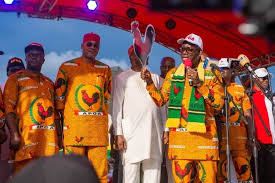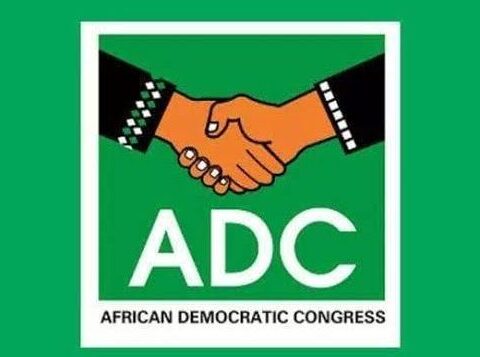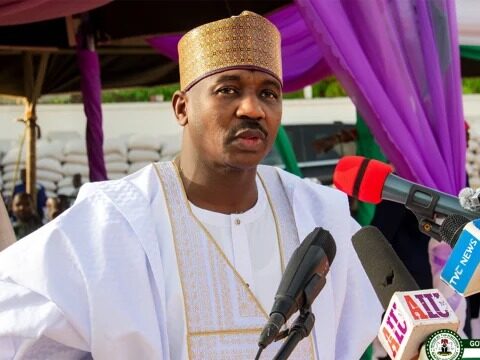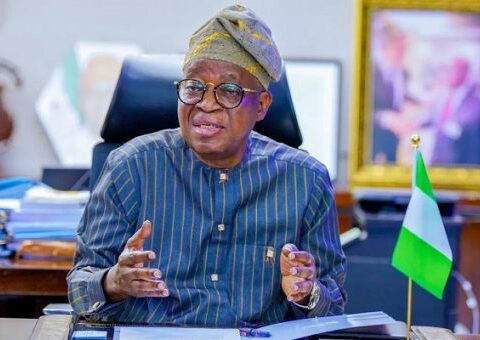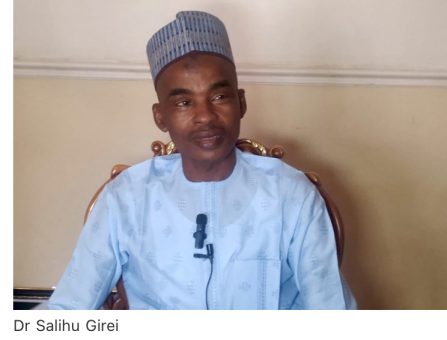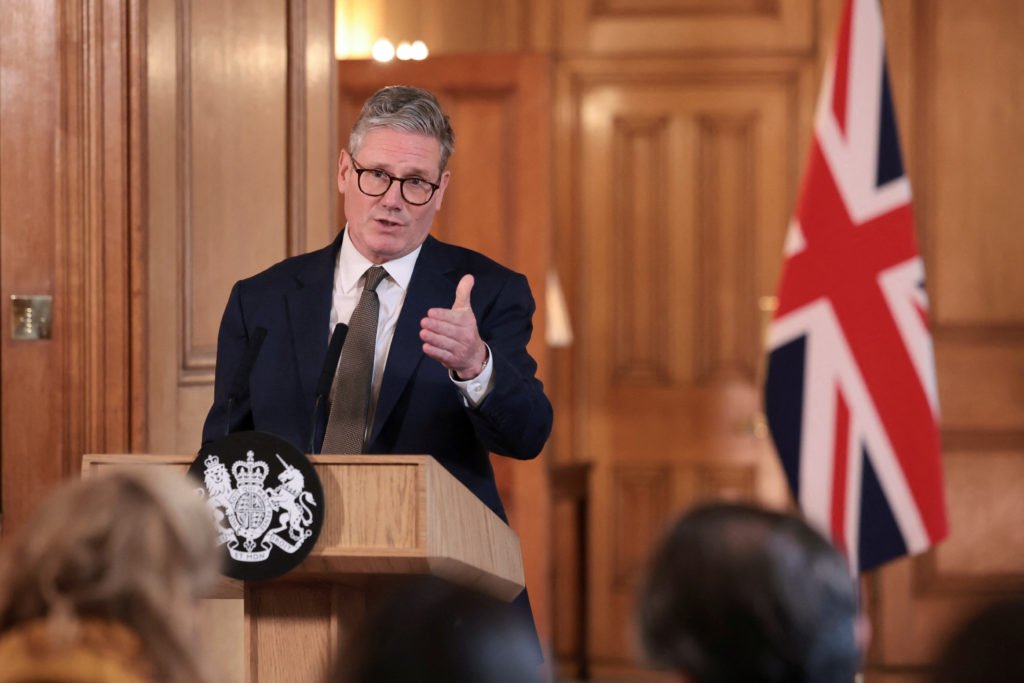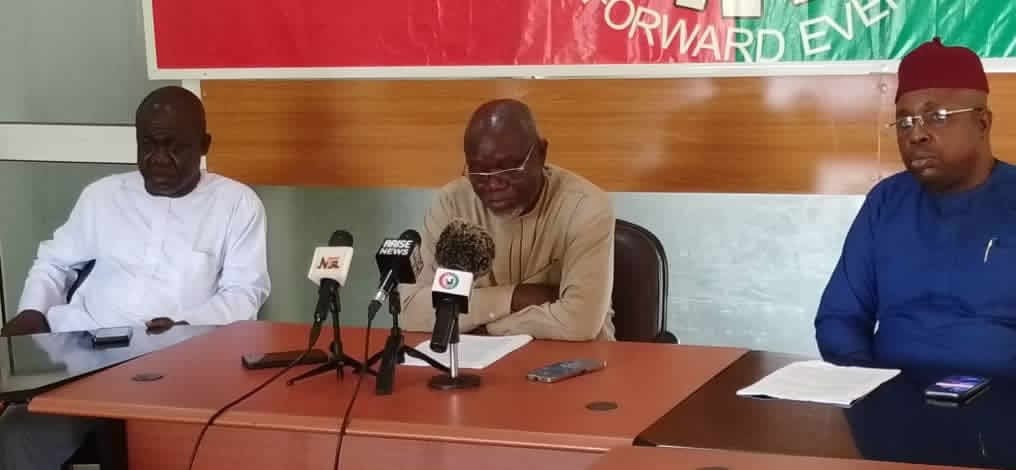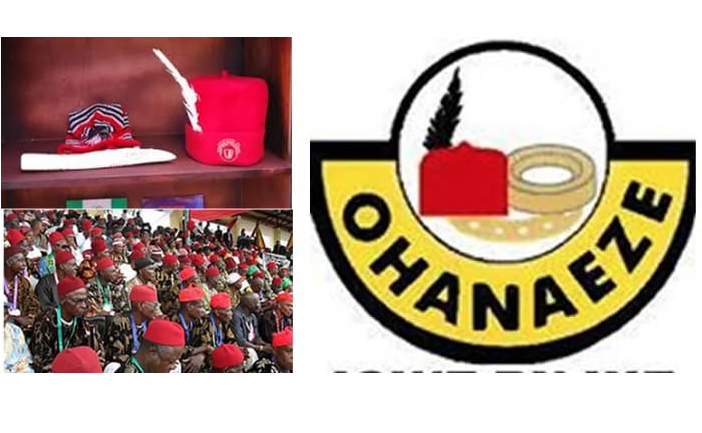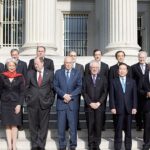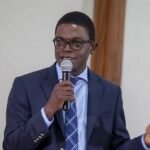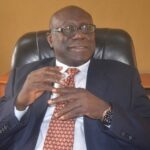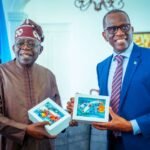By Tony Onyima
When citizens begin to fund the campaigns of leaders they trust, democracy takes a new and hopeful shape. What is happening in Anambra State before the November 8, 2025, governorship election may become a defining moment in Nigeria’s political evolution.
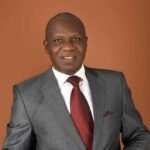
For once, citizens are not waiting for handouts or contracts; they are investing in the leadership they believe in and taking ownership of their political future.
The re-election momentum around Governor Charles Chukwuma Soludo has become more than a political campaign. It is a civic statement — a people-driven movement. Across the state, individuals, communities, and professional groups are pooling resources to fund continuity. They are not doing it out of fear or coercion, but out of conviction that visible, people-centred governance deserves support.
From Otuocha to Ekwulobia, and from Igboukwu to Obosi, citizens have been meeting in town squares, community halls, and open fields to endorse Soludo’s performance and to back it with financial commitment. The figures tell the story. Awka North Local Government raised ₦150 million; Idemili North LGA dropped 20 million; Obosi, Oraifite, Ogidi, Oba, and Igboukwu communities each contributed ₦50 million; Ekwulobia added ₦80 million. The Anambra Central Senatorial District pledged ₦70 million, while Anambra South gave ₦100 million.
Smaller groups have also joined the wave. The Umuawulu Ambassadors contributed ₦20 million; the All Soludo Support Group ₦30 million; the Solution Parents League ₦3 million; and the Anambra Students Union ₦2 million. Even non-indigenes residents of the state have publicly endorsed and donated to the campaign. The message is the same in community after community: good work deserves continuity.
This kind of citizen-driven funding is unprecedented in Nigeria’s democratic experience. It represents a quiet revolution that replaces the usual money-for-vote politics with a participatory model of shared ownership. Rather than waiting for political financiers or godfathers, citizens say, “We will not allow good work to be undone by moneybags. We will fund continuity ourselves.”
Globally, this approach aligns with the best traditions of democracy. In the United States, Barack Obama’s 2008 and 2012 campaigns were powered by millions of small-dollar donors who gave an average of $20 each, proving that political legitimacy can be crowdsourced from ordinary people. The United Kingdom’s donation system is more tightly regulated, ensuring transparency through spending caps and mandatory disclosures. In Asia, Japan and South Korea have refined mixed models that combine private contributions with state funding. In all cases, citizen giving strengthens accountability and civic participation.
Across Africa, campaign financing remains largely elite-driven, often dominated by business interests seeking influence. But Anambra’s model offers a refreshing contrast. Here, communities invest directly in the leadership they trust, which has demonstrated competence through infrastructural renewal, educational reforms, and improved security. This is not about buying votes but buying into a vision.
Some critics have questioned the propriety of communities raising campaign funds, arguing that it reflects misplaced priorities in a tough economy. But that criticism misses the point. When transparent and voluntary, citizen giving is a hallmark of democratic maturity. It means people see themselves not as spectators, but as shareholders in governance. Fundraising is the lifeblood of modern political campaigns. It reflects the vibrancy of democracy — showing how citizens, parties, and communities invest in ideas and leadership.
The implications for Nigeria’s democracy are profound. First, it challenges the old order in which politics was funded and controlled by a few. Second, it redistributes political power by giving ordinary citizens a stake in who governs and how. Third, it promotes a moral economy of politics — one where accountability is owed not to secret financiers but to communities that have publicly invested their resources and trust.
Still, this promising model needs safeguards. Transparency in fundraising and expenditure must be sacrosanct. Campaign finance laws should be updated to recognise and regulate community-driven contributions, ensuring they remain voluntary and traceable. The Independent National Electoral Commission (INEC) and civil society organisations can help monitor compliance and build confidence.
What is unfolding in Anambra is more than an election strategy; it is a democratic innovation. It demonstrates that citizens, when properly inspired, can fund good governance rather than corrupt it. It echoes Alexis de Tocqueville’s timeless observation that “the health of a democratic society may be measured by the quality of functions performed by private citizens.”
Ultimately, citizen giving is not about Soludo alone. It is about reclaiming politics from transactional actors and returning it to the people. When citizens become investors in leadership rather than its victims, democracy deepens. In Anambra, that deepening is underway — a homegrown example of how people, united by trust and vision, can fund the leadership they deserve and shape the future they want.
Dr. Onyima teaches media and communication at Paul University, Awka, Anambra State.
Follow us on all social media platforms @dailyquery for news and analyses around the globe.
